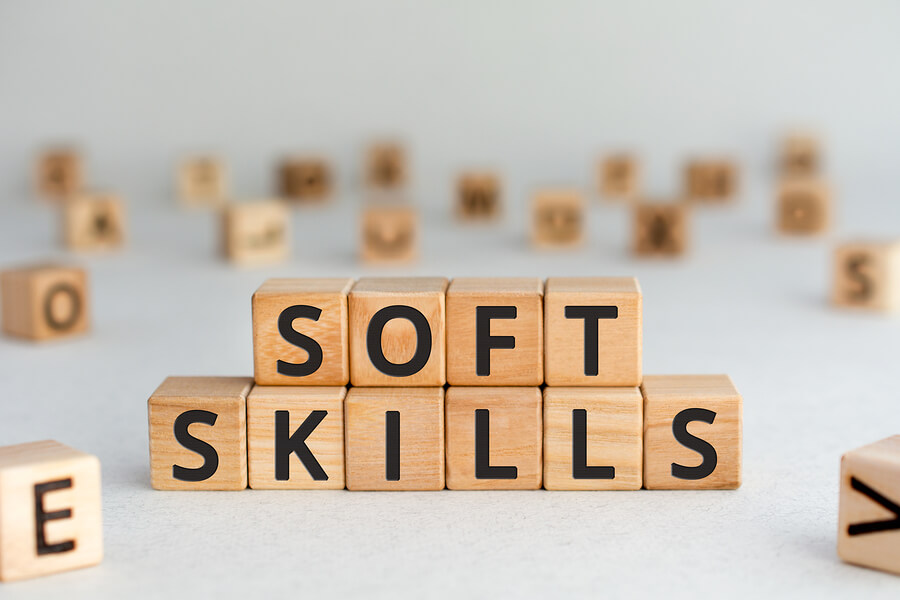
Usman Ghani (December 11, 2019)
There are several factors that influence one’s professional growth, but none as directly as an individual’s customer service skills. This particular skill set is among the most desirable ‘Employee Skills’ that businesses are looking for while hiring in the coming years. A few common examples of preferable soft skills are leadership, communication skills, empathy, problem-solving, critical thinking, and more. While all the soft skills are intangible they definitely can be observed. With an employee well-versed in key employee skills, a customer’s experience is more likely to be more sincere and authentic.

Critics of workforce development programs wonder why these essential soft skills have not been taught outside the workplace – such as a college or university. The issue is a lack of knowledge transfer about such skills at the higher educational institutions. Introductory classes are often limited to business or marketing majors, while ideally, all majors should have equal exposure to these key soft skills. Businesses can play an important role in exposing graduating seniors to crucial soft skills. They can partner with local educational institutes to sponsor skill enhancement programs for their potential employees.

Organisations are on the lookout for employees who can thrive in the workplace of the future. For the unacquainted, ‘workplace of the future’ is one that provides opportunities to work with artificial intelligence (AI), data, and other evolving technologies. As such, it is important to have employees trained to excel in both soft skills, such as emotional intelligence and communication, as well as a basic understanding of AI.
Doing so will enable the workers of today to work more effectively with the people and technology of the near future.

There is nothing more frustrating for a customer than a salesperson struggling to ring up a sale or unable to properly demonstrate the company’s latest product. Every single employee in a customer-facing role must have a comprehensive understanding of the company’s products and services. Team leads should take the initiative, when necessary, to keep their team members updated about the same. Soft skills are like a muscle; flexible and open to improvement, provided the professional chooses to prioritize them. As such, it is important to evaluate your employees and their customer service skills. With the help of experts who facilitate customer service training programs, you can give your employees the edge they need to surpass the competition.

The responsibility of availing on-the-job learning opportunities falls on both the managers and the individual employees. As a manager, one should pay attention to proactive and empathetic workers; those individuals who are ready and willing to troubleshoot while providing core services or products. If a passionate person is selling the product, the customer is likely to be equally enthusiastic. A team lead or supervisor who stays ahead of the market and learns about the trends that affect their job, or how to better it, is also an ideal employee.
The previously-mentioned soft skills might qualify for the current workplace ecosystem, however, we must keep in mind that like technology, customer service skills are, too, dynamic and ever-evolving. The future of these skills could include working in synchronicity with AI, emotional intelligence, and many other emerging practices.

Healthcare workers are entrusted with the great responsibility of caring for people. In order to continually offer comfort and care to people, there are certain skills that healthcare professionals need to master. Of course there are the obvious ones related...
Read More
Creative thinking is one of the most important and sought after soft skills that you need to acquire in an increasingly digital landscape of 2021 and beyond. Creative thinking skills are required in many different job roles to come up...
Read More
Sales are the backbone of any business and great salespeople are an asset for the company. Some people are naturally gifted in the art of persuasive communication and negotiation skills required to convince clients and effectively sell more. However, certain...
Read More